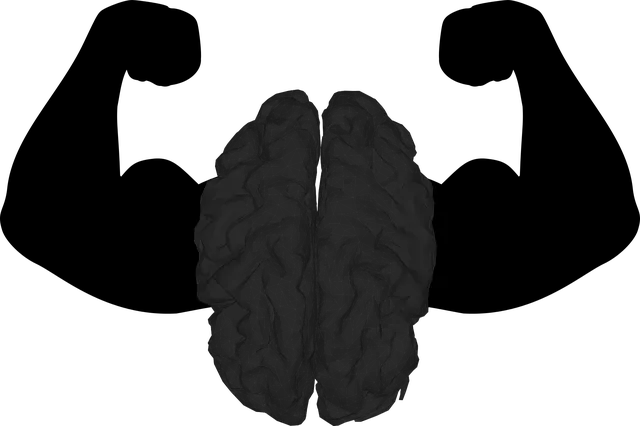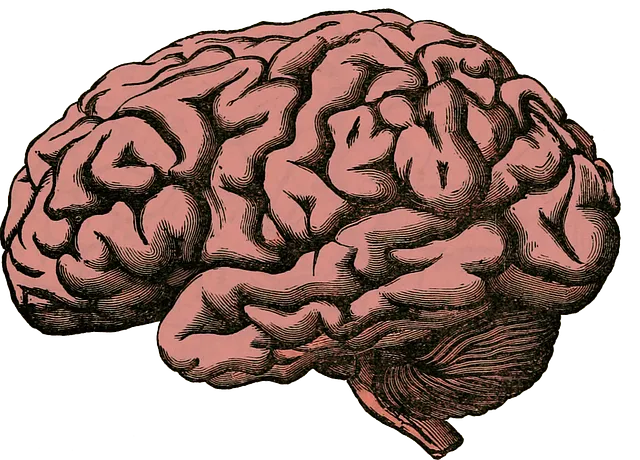Depression is a severe mental health condition characterized by persistent sadness and various symptoms, including self-harm thoughts. Organizations like Kaiser in Littleton offer crucial support through inpatient mental health services, education programs, and therapy. Lifestyle modifications, such as exercise, balanced diets, mindfulness, and structured self-care routines, are recommended for holistic well-being. Therapy, particularly cognitive-behavioral and interpersonal approaches at Kaiser, provides tailored guidance for emotion management. Building a strong support network and engaging in social activities also play vital roles in depression prevention and recovery. Both Littleton and Kaiser provide specialized inpatient care, with Littleton focusing on intensive therapy and personal experiences, while Kaiser integrates medical, therapeutic, and practical aspects for comprehensive long-term mental health.
Depression is a prevalent yet treatable condition affecting millions. This comprehensive guide explores essential strategies to prevent and manage depression, offering valuable insights for those seeking well-being. From recognizing subtle signs to adopting lifestyle changes, understanding therapy options, and building support networks, we delve into effective approaches. Additionally, we compare inpatient mental health care options, including Littleton and Kaiser, providing clarity on which path aligns best with your needs.
- Understanding Depression: Recognizing the Signs and Symptoms
- Lifestyle Changes for Improved Mental Health
- The Role of Therapy and Professional Support
- Building a Supportive Network: Connecting with Others
- Inpatient Mental Health Care: Is it Right for You? (Comparing Littleton and Kaiser)
Understanding Depression: Recognizing the Signs and Symptoms

Depression is a common yet serious mental health condition that significantly impacts an individual’s daily life and well-being. Understanding depression goes beyond simply recognizing its presence; it involves being adept at identifying the subtle signs and symptoms. These can include persistent feelings of sadness, loss of interest in activities once enjoyed, changes in appetite and sleep patterns, fatigue, difficulty concentrating, and, in severe cases, thoughts of self-harm or suicide.
In the context of this discussion, it’s worth noting that organizations like Kaiser in Littleton offer inpatient mental health services, providing a crucial safety net for those in crisis. However, beyond institutional support, there are preventative strategies individuals can adopt. Mental health education programs designed to increase awareness and promote early intervention play a vital role. Additionally, social skills training and self-esteem improvement initiatives can empower individuals to navigate life’s challenges more effectively, reducing the risk of depression.
Lifestyle Changes for Improved Mental Health

In the quest to prevent depression, lifestyle changes play a pivotal role, and mental health professionals often recommend a holistic approach. For individuals seeking support, facilities like Kaiser in Littleton offer specialized inpatient mental health services as part of their comprehensive care. This involves not just treating symptoms but also empowering patients with sustainable strategies for improved well-being. A key aspect is adopting healthy habits such as regular exercise, sufficient sleep, and a balanced diet, which are foundational to managing stress and stabilizing mood.
Additionally, developing a structured self-care routine can be transformative. This includes practices like mindfulness meditation, deep breathing exercises, or engaging in hobbies that foster relaxation and joy. Mental Health Education Programs designed to teach these coping mechanisms can be invaluable tools for risk management planning. By integrating such strategies into daily life, individuals can better navigate challenges and maintain resilience, thereby reducing the risk of depression and promoting overall mental health.
The Role of Therapy and Professional Support

In the battle against depression, therapy serves as a powerful weapon, offering individuals a safe space to explore and understand their emotions. Professional support is vital for those seeking recovery, providing guidance and tools tailored to their unique struggles. At Littleton’s Kaiser, for instance, inpatient mental health services are available, catering to severe cases requiring intensive care. This comprehensive approach ensures that patients not only manage symptoms but also learn emotional regulation strategies, fostering mental wellness.
The therapeutic process facilitates emotional healing processes by helping individuals identify and change negative thought patterns and behaviors. Through various therapy types, from cognitive-behavioral to interpersonal, patients can develop coping mechanisms, enhance self-awareness, and build resilience against depressive episodes. By addressing underlying issues and providing skills for managing stress and emotions, therapy empowers people to take charge of their mental health and overall well-being.
Building a Supportive Network: Connecting with Others

Building a strong support network is a crucial component in depression prevention and recovery. Connecting with others can provide a sense of belonging and reduce feelings of isolation, which are significant risk factors for depression. This could mean fostering meaningful relationships with friends and family or joining support groups where individuals share similar experiences. In Littleton, Kaiser offers inpatient mental health services that include specialized programs designed to strengthen these connections, promoting emotional well-being promotion techniques through group therapy sessions and trauma support services. By creating a supportive network, individuals can gain access to resources, empathy, and encouragement, all of which play vital roles in preventing and managing depression effectively.
Encouraging open communication and seeking help from loved ones are essential steps towards building this network. Sharing one’s feelings and struggles with trusted individuals allows for emotional release and provides an opportunity to receive valuable perspectives and support. Moreover, engaging in activities that foster social connections, such as joining clubs or community groups, can help combat the loneliness often associated with depression. This proactive approach to emotional well-being is a game-changer, ensuring individuals have the necessary tools to navigate life’s challenges and maintain mental health.
Inpatient Mental Health Care: Is it Right for You? (Comparing Littleton and Kaiser)

When considering depression prevention strategies, inpatient mental health care stands as a significant option for those grappling with severe or chronic depressive episodes. Comparing Littleton and Kaiser, two prominent providers in this domain, offers insight into what each has to offer. Littleton, known for its intensive and personalized treatment, focuses on immersive experiences designed to foster emotional regulation and enhance mental health awareness. Through a combination of individual therapy, group support sessions, and structured daily routines, patients at Littleton have the chance to reconnect with themselves and develop effective coping mechanisms.
In contrast, Kaiser, while also offering robust inpatient programs, places emphasis on comprehensive care that integrates medical, therapeutic, and practical aspects. Their approach includes not just communication strategies for managing symptoms but also education on building a resilient lifestyle post-discharge. The environment at Kaiser encourages patients to participate actively in their healing process, promoting independence and self-care skills crucial for long-term mental well-being. Both options present unique strengths, making the choice between them dependent on individual needs and preferences, with both Littleton and Kaiser capable of providing life-changing inpatient mental health care.
Depression prevention is a multifaceted approach, from recognizing signs early on to adopting lifestyle changes, seeking therapy, building support networks, and understanding the options for inpatient care. While Littleton and Kaiser both offer specialized mental health services, including inpatient care, each has unique strengths. Choosing the right path depends on individual needs, with factors like accessibility, treatment methods, and personalized support playing key roles. By arming ourselves with knowledge about these strategies and resources, we can better navigate our mental health journeys and foster resilience against depression.






